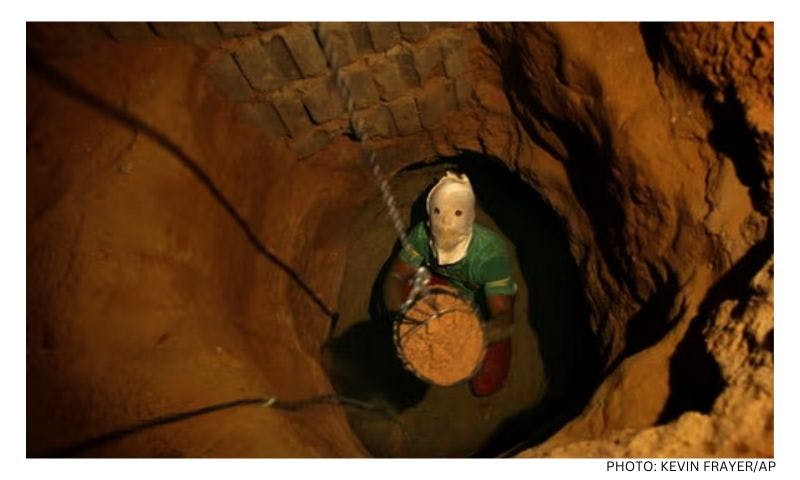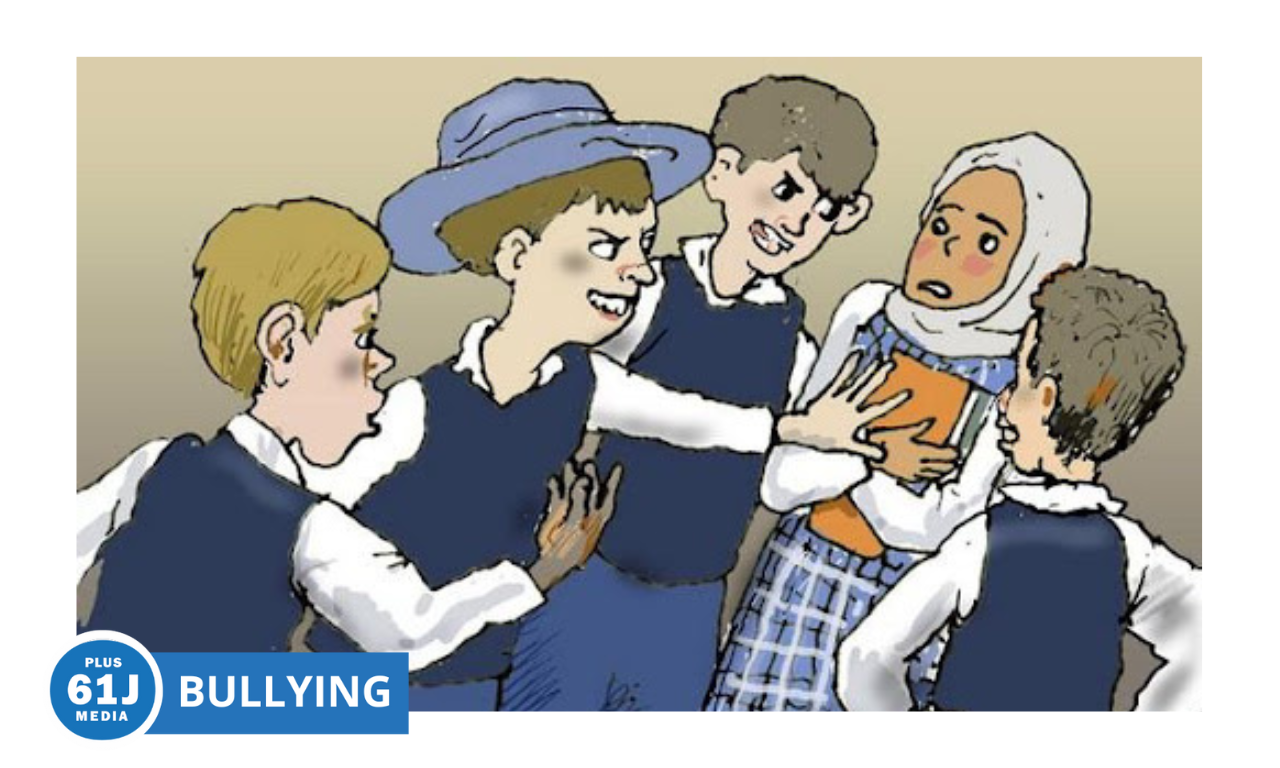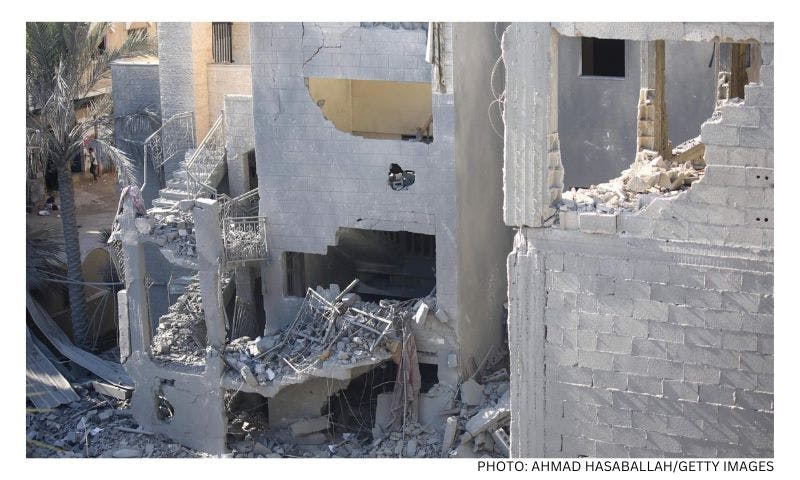Published: 23 November 2017
Last updated: 4 March 2024
The march, organised by Women Wage Peace (WWP), was the culmination of nearly three weeks of activities throughout Israel. In one of the activities, at the Dead Sea, they were joined by nearly 2,000 women from the West Bank. It also the only movement that could possibly mobilise tens of thousands of Arab and Jewish women for anything, and especially for peace in the current tense, hostile atmosphere prevailing in both Israel and the Palestinian Authority.
But that hasn’t kept some of the die-hard left-wing from putting them down. Women Wage Peace, they say, is little more than a warm and fuzzy kumbaya. Because Women Wage Peace doesn’t promote a specific solution to the Israeli-Palestinian conflict, and because it doesn’t even mention the occupation or the unequal power relations between Israelis and Palestinians, it is depoliticised and, therefore, irrelevant.
Israel has no lack of specific solutions and highly articulated analysis of the conflict. There are have plenty of proposed solutions, from no-state to one-state to two-state. We have plenty of groups, especially on the left, that are constantly dividing and then redividing into ever-smaller cells producing narrowly- defined statements about what is best.
Once we sign the agreements, we will still have to learn to transform our antagonist relations into productive, democratic, and political relationships.
The problem for Israelis is finding the way to reach any of these solutions. According to frequently-published polls, most Palestinians and Israelis still see the two state solution as the only way to guarantee their national identities. But a majority of Palestinians do not believe that Israel will ever give up the West Bank, and a majority of Israelis believe that the Palestinians will never accept Israel’s right to exist.
So basically, we all more or less know what the light at the end of the tunnel looks like. But we can’t find the tunnel. In this situation, WWP has not depoliticised the struggle for peace – it has created a new form of politics specifically suited to that situation.
While ideologically-purist left-wing groups are intent on informing the Israeli and Palestinian publics which solution to the conflict is the best solution, WWP asks what different individuals and groups actually want and need. Instead of a politics of telling, theirs is a politics of listening.
WWP promotes the politics of inclusion. Their politics creates a safe space, where even if you don’t know the au current accepted language (apartheid, anyone?) or the politically correct jargon-flavour of the month (did anyone mention intersectionality recently?), you are not at risk for being publicly shamed on social media or exiled to the wasteland of the uncool. There are no fine-scaled litmus tests that determine if your deconstructed definitions are precise or post-modern enough.
Led by politically-savvy women, WWP’s politics provides a place where a-politicised women, or those whose lives have not been graced with social opportunity or economic privilege, can begin, haltingly and hesitantly, to take their first political steps.
[gallery columns="1" size="large" ids="15729"]
Instead of denying the gender inequality that pervades most leftist groups, WWP welcomes women and views motherhood as a position of moral leadership. While many left-wing groups avoid the “soft security” of identity and emotion, preferring instead to deal with the “hard” issues of borders and sovereignty, WWP fervently promotes the politics of motherhood. It is ‘a spiritual and ethical position of responsibility for the world and for future generations…a position of self-restraint, attentiveness, and inclusion….and setting high standards of human behaviour,” says one of WWP’s leaders, Hamal Gouri.
In the three years since its founding, WWP has brought in hundreds, perhaps thousands, of Arab women who are willing to defy the dictates of the non-normalisation movement (the local version of BDS, according to which Palestinians should not engage in any kind of people-t-o-people activities as long as the occupation persists).
And it has brought in tens of thousands of Israeli women who, until now, have not been willing or able to join in the politics of certainty. At this sad point in time, it is one of the few movements actually engaged in people-to-people activities.
I think I do understand the motivations of the nay-sayers. As Israeli society shifts increasingly rightward, there is something supremely satisfying in the politics of left-wing purity. Being vilified by the majority provides a sense of vindication that is also, in its own way, warm and fuzzy.
Arguing within your own camp over the finest points of doctrine provides a deep feeling of self-righteousness. In the face of rising extremist rhetoric, the extremism of certainly can be very comforting.
But unfortunately, as our dismal political achievements prove, left-wing purism is increasingly irrelevant. We don’t need more piercing flashes of light at the end of the tunnel: We need the thousands and hundreds of thousands of people who will build the trust and the mutual respect that will help us find the tunnel and walk through it.
Some day, in some future, leaders and activists on both sides will finally realise what the women of WWP already know: the specifics of a peace solution, important as they are, do not guarantee its sustainability or stability. Once we sign the agreements, we will still have to learn to transform our antagonist relations into productive, democratic, and political relationships.
And the peace activists of WWP will be the ones who will know how to do that. They are relevant now, and are preparing themselves to be even more relevant in the future.
READ How can women 'wage peace' without talking about occupation? (972)
RELATED 'We Arab and Jewish women call on our leaders to return to the negotiation table’




